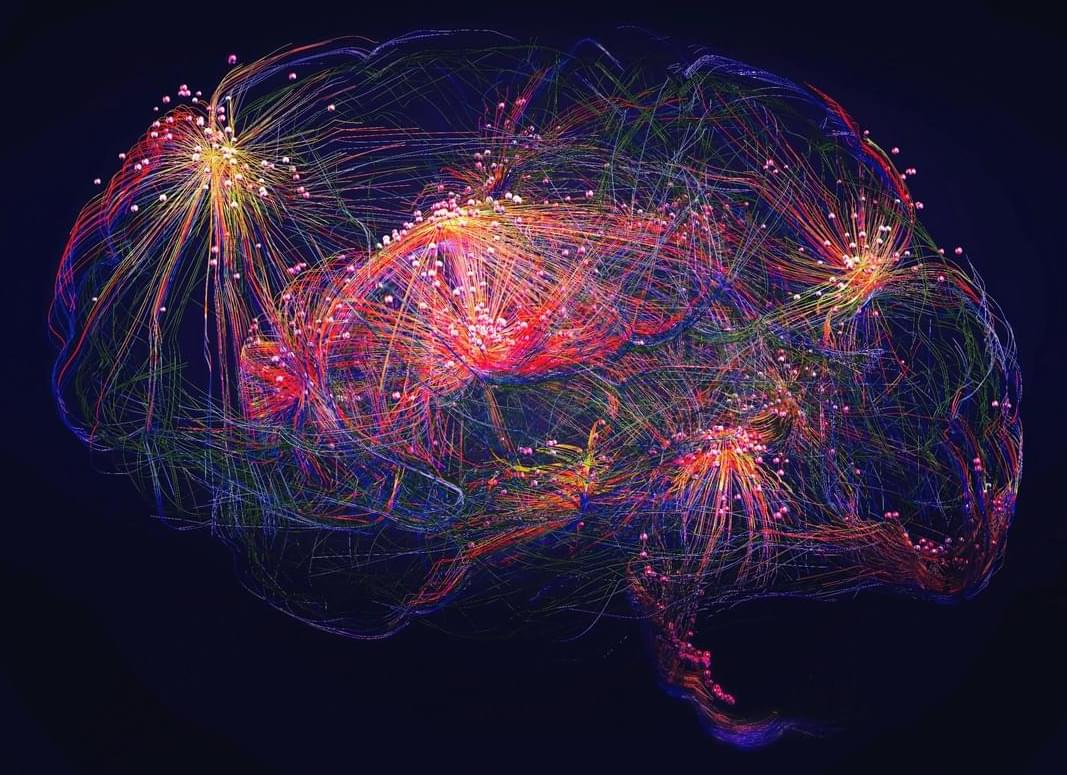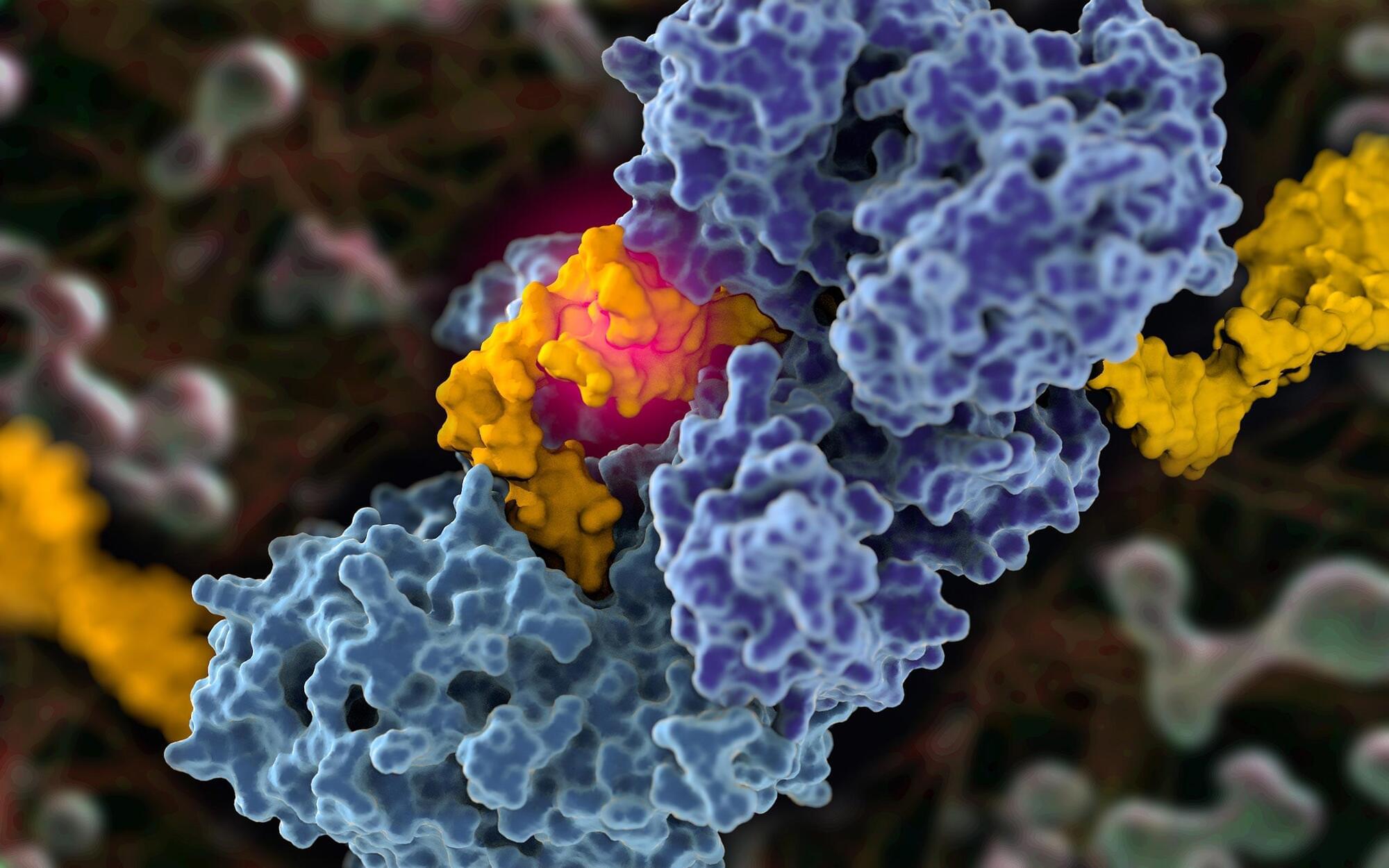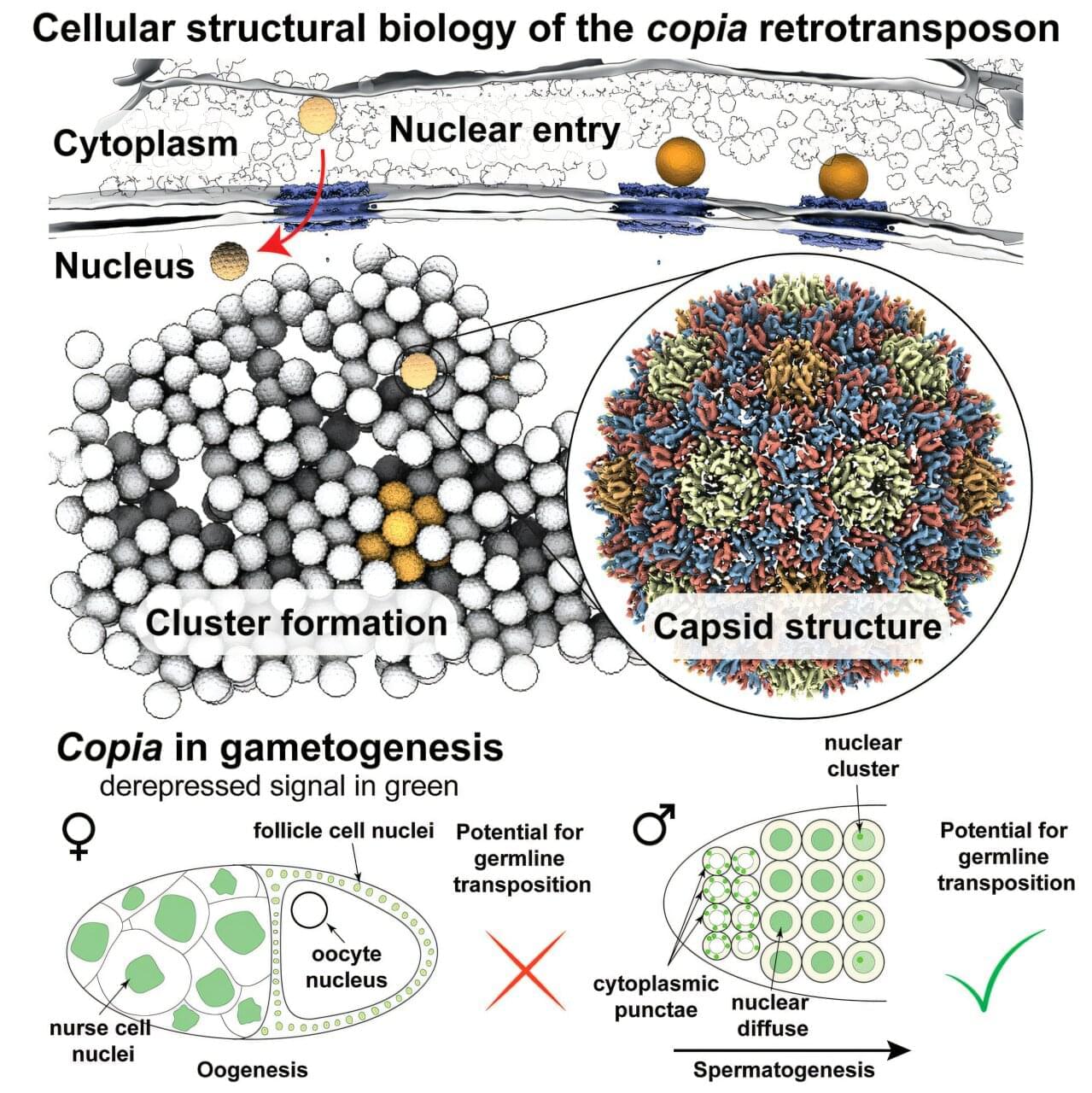“The Future of Human Evolution: AI, Genetic Engineering, and the Rise of Post-Human Civilization”
What happens when human evolution is no longer shaped by nature but by artificial intelligence and genetic engineering? This story explores the rise of AI-enhanced humans in a futuristic medieval world, where the fusion of bioengineering, AI consciousness, and neural implants creates a post-human era. As civilizations embrace transhumanism, traditional humanity faces extinction, replaced by a new species of synthetic life. Will this AI-driven society achieve ultimate enlightenment, or will it lose the essence of what makes us human?
The battle between future civilization, advanced technology, and those clinging to the past intensifies as digital immortality reshapes the meaning of existence. This cybernetic future forces us to question our identity—can genetic modification and AI singularity coexist with the soul of humanity? Witness the evolution of intelligence, the struggle between AI vs humanity, and the uncertain fate of a world where consciousness itself is no longer biological.
0:00 — Introduction: The Future of Human Evolution.
8:25 — AI & Genetic Engineering: Unlocking Human Potential.
16:50 — Ethical Dilemmas of Genetic Modification.
25:15 — The Rise of Engineered Intelligence.
33:40 — Genetic Enhancements & Social Stratification.
42:05 — AI in Education, Work, and Society.
50:30 — The Quest for Longevity & Immortality.
58:55 — Resistance Movements Against Enhancement.
1:07:20 — The First AI-Integrated Humans.
1:15:45 — The Breakdown of Traditional Humanity.
1:24:10 — Post-Human Civilizations & Digital Consciousness.
1:32:35 — The Divide Between Organic & Artificial Life.
1:41:00 — The Singularity & The End of Natural Evolution.
1:49:25 — What Comes After Humanity?
Sources.
Bostrom, N. (2014). Superintelligence: Paths, Dangers, Strategies. Oxford University Press.
Harari, Y. N. (2017). Homo Deus: A Brief History of Tomorrow. Harper.
Kurzweil, R. (2005). The Singularity Is Near: When Humans Transcend Biology. Penguin.
Tegmark, M. (2017). Life 3.0: Being Human in the Age of Artificial Intelligence. Knopf.
Goertzel, B. (2020). Artificial General Intelligence: Concept, State of the Art, and Future Directions. Springer.
#FutureOfHumanity #AIandGenetics #PostHumanEra #ArtificialEvolution #CyberneticFuture.
YOU MAY LIKE






